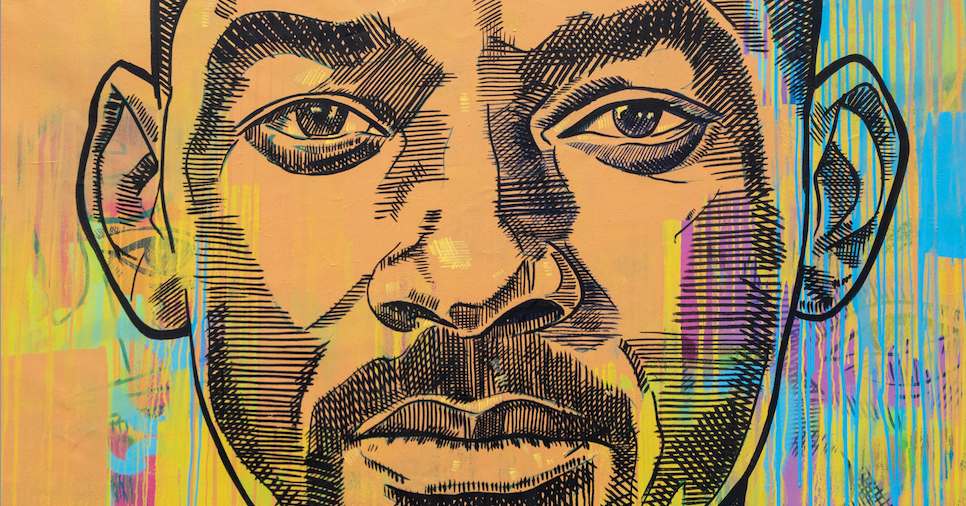
Years later, when his old man is confined to a wheelchair with heart disease, Smith confesses he contemplated pushing him down a staircase, like Richard Widmark’s character in the film noir “Kiss of Death”: “My 911 call would be Academy Award level.” It’s a rare flash of darkness from a guy whose psychological adaptations were affability and popularity, the desire to make sure everyone around him was having a good time.
In the rap world where he made his name, those traits weren’t always appreciated, and Smith’s reputation for being “soft” and “bubble gum” still rankles. He encountered his share of violence outside as well as inside the home, solidly middle-class though it was. In one early meeting with an annoyed television executive, he and his entourage were so sure a brawl was about to break out that his manager lifted a five-pound snow globe in anticipatory self-defense.
He tells of learning to appeal to white sensibilities at the Catholic school he attended, until his parents withdrew him after a racist incident at the football awards banquet; and of getting into what Mom-Mom calls “hippity-hopping” at Overbrook High, which was predominantly Black. Smith’s collaboration with Jeffrey Allen Townes, a.k.a. DJ Jazzy Jeff, a nerdy kid from another neighborhood who survived non-Hodgkin’s lymphoma, was so successful, with a hit song before graduation, that Smith decided against college. “We were seeking our sound,” he writes of their intense early partnership, “but we found ourselves.”
Scenes from tours with Public Enemy and 2 Live Crew are amazing 3-D postcards from the rosy dawn of the genre, including friction with local law enforcement in the South, onstage fellatio and the nightly “hanging” of a stuntman in a Ku Klux Klan hood. Smith squandered his earnings and neglected to pay taxes, only to get a lucky second break from Quincy Jones, his Obi Wan Kenobi, to star with Townes on a custom-built sitcom, “The Fresh Prince of Bel-Air.”
Though Smith claims he didn’t read a book cover to cover until he was “well into” his 20s, he has the literary aplomb (thanks partly to Mom-Mom) and the trust in his manager’s discernment to turn down $10 million for an early project called “8 Heads in a Duffel Bag,” choosing instead Paul Poitier in John Guare’s “Six Degrees of Separation” for $300,000. Eventually he gorges on magical realism and mythology, falling in love with Paulo Coelho’s “The Alchemist” and Joseph Campbell’s “The Hero With a Thousand Faces.”
Smith’s own hero’s quest, at first, is for more money (“sucking all the cash out of the weekend”), more fame, more global records, a house as palatial as the one he saw growing up on “Dallas” — no matter that his second wife, the formidable Jada Pinkett, doesn’t want to arrive at breakfast on a stallion the way Sue Ellen Ewing did.
As the book progresses, and Smith’s celebrity becomes more stratospheric and snow globe-like, the air grows thinner; he starts to gasp for breath and turns inward. “Am I an addict?” he wonders during a period of introspection that includes meditation, a trip to Trinidad, the therapeutic identification of a persona called Uncle Fluffy and over a dozen ayahuasca ceremonies. He’s not hooked on drugs, or drink, or “sex like some ghetto hyena.” Smith is a workaholic, and a win-aholic, those most virtuous and therefore invisible of vices.
Writing a book that will probably blow up the charts, and publicizing it, may not be good for his recovery. But one day at a time.



